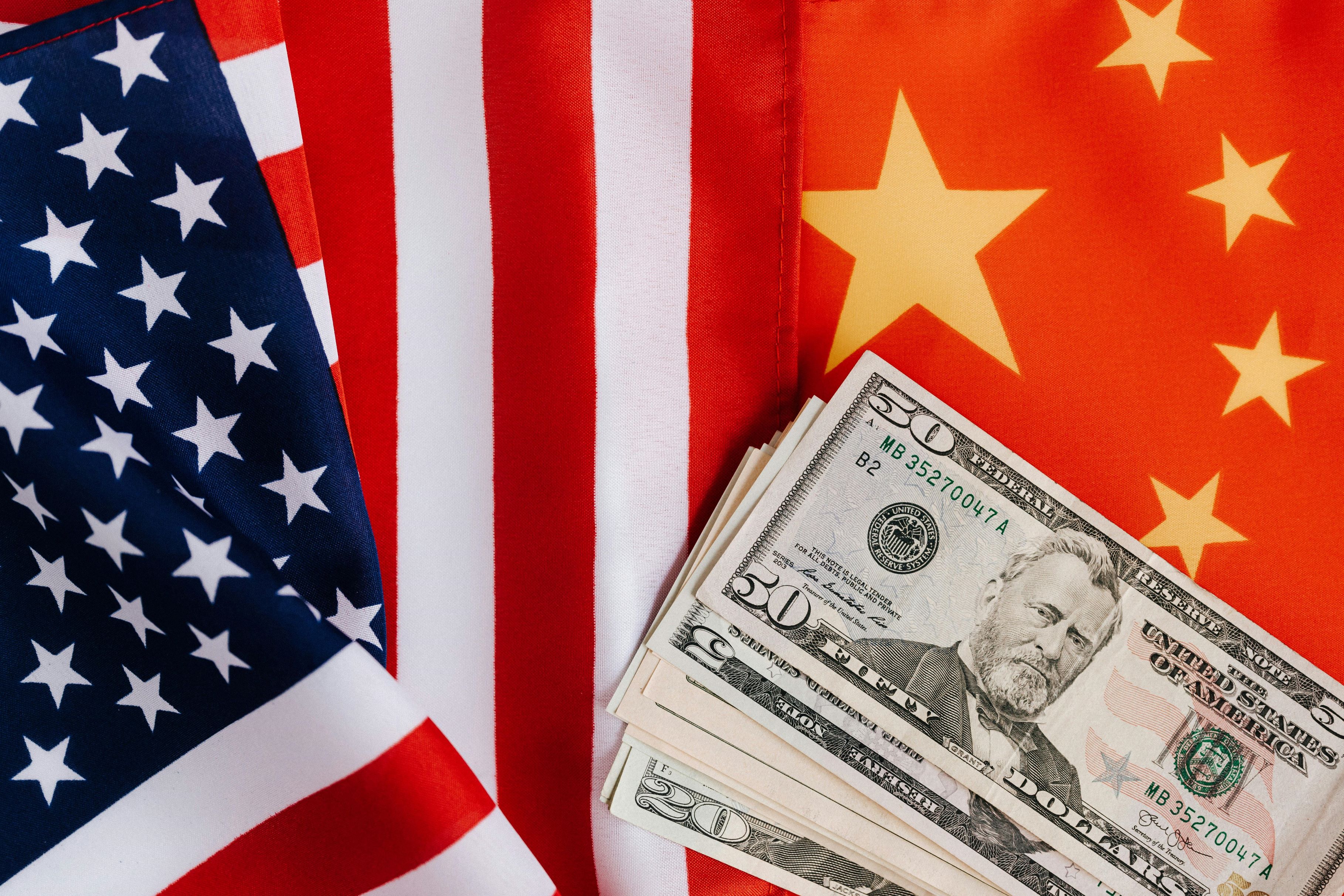Visa Stock Analysis: Is Visa a Strong Opportunity Ahead of Q4 Earnings?
$325.48
28 Jan 2026, 19:25

Pexels.com

How Global Trade Shifts Could Strengthen Beijing’s Influence
Former US President Donald Trump’s latest tariffs—a blanket 25% levy on all steel and aluminium exports to the US—are set to shake the global economy. While major Asian, North American, and Australian exporters will be hit hard, the long-term winner could be China.
Who Will Be Hit the Hardest?
The new tariffs apply to all countries exporting steel and aluminium to the US, with no exemptions. This will deal a significant blow to key exporters, including:
Australia has already pledged to negotiate an exemption, and other countries may follow suit. However, their ability to convince the US to reverse course remains uncertain.
China’s Response: A Calculated Counterattack
China has responded to Trump’s trade policies with tariffs ranging from 10% to 15% on crude oil, liquefied natural gas, coal, farm machinery, and pick-up trucks.
Additionally, China has:
With Trump seemingly in no hurry to discuss the issue with Chinese President Xi Jinping, China is strategically strengthening its position while the US remains occupied with geopolitical tensions.
How China Could Benefit from Trump’s Protectionism
While Trump’s trade policies aim to protect US industries, they could backfire by driving other nations closer to China.
If the US turns inward, China is perfectly positioned to fill the void and solidify its global influence.
How Will This Impact the UK and the Global Economy?
The ripple effects of these tariffs will reshape global trade in several ways:
Winners
Losers
Conclusion: Will the UK and the West Lose Out?
Trump’s latest tariffs could further accelerate China’s economic dominance, as more countries seek alternative trade alliances. While Western economies struggle with inflation and geopolitical tensions, China is positioning itself as the go-to economic partner for emerging markets.
For the UK, the key challenge will be navigating these shifting trade dynamics. If the US continues down the path of protectionism, Britain may need to re-evaluate its own trade relationships to avoid being caught in the crossfire of a growing US-China economic rivalry.
Only time will tell whether Trump’s tariffs will truly protect the US economy—or whether they will push the world closer to China’s economic leadership.
Sources: (Skynews.com)